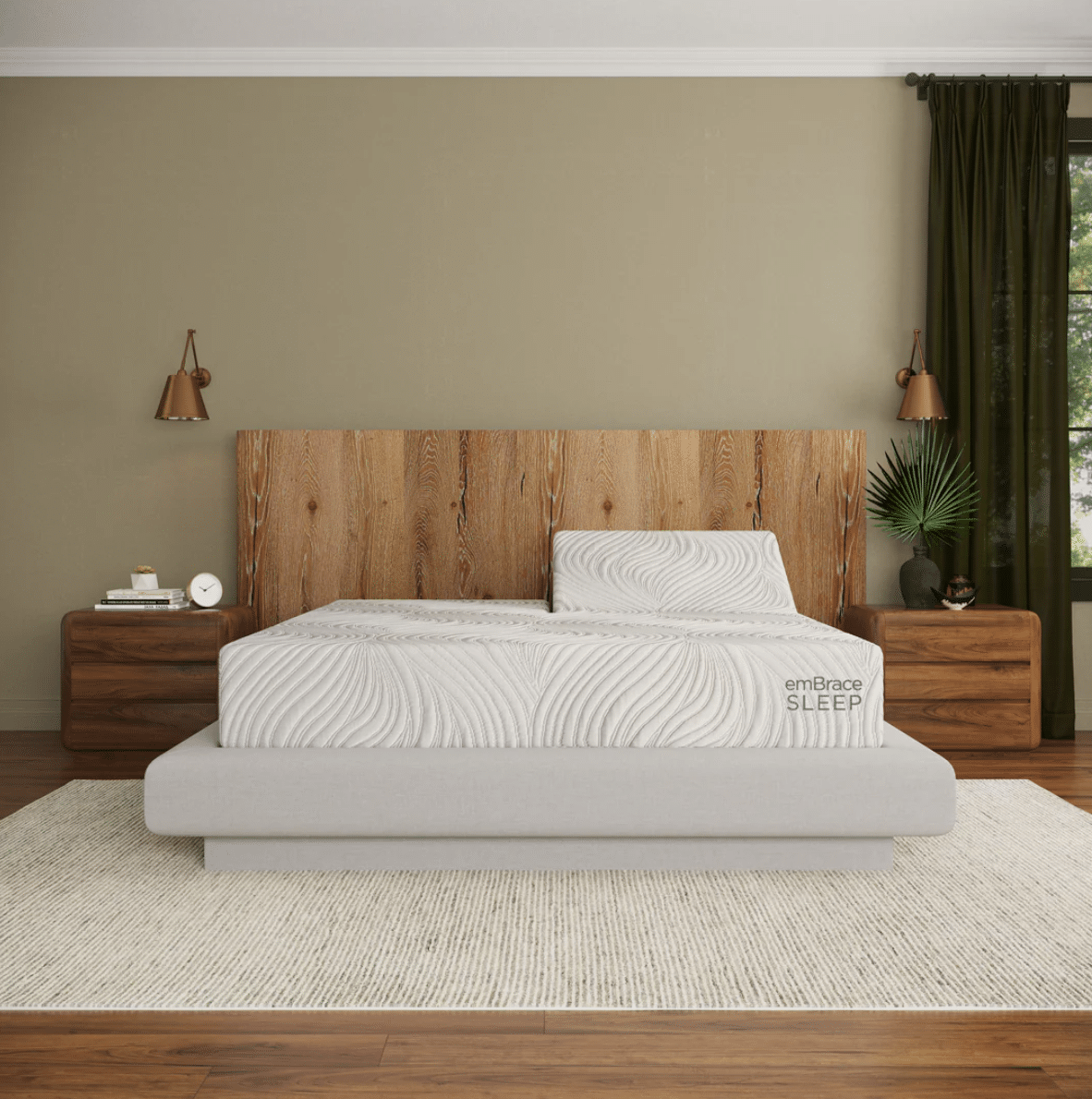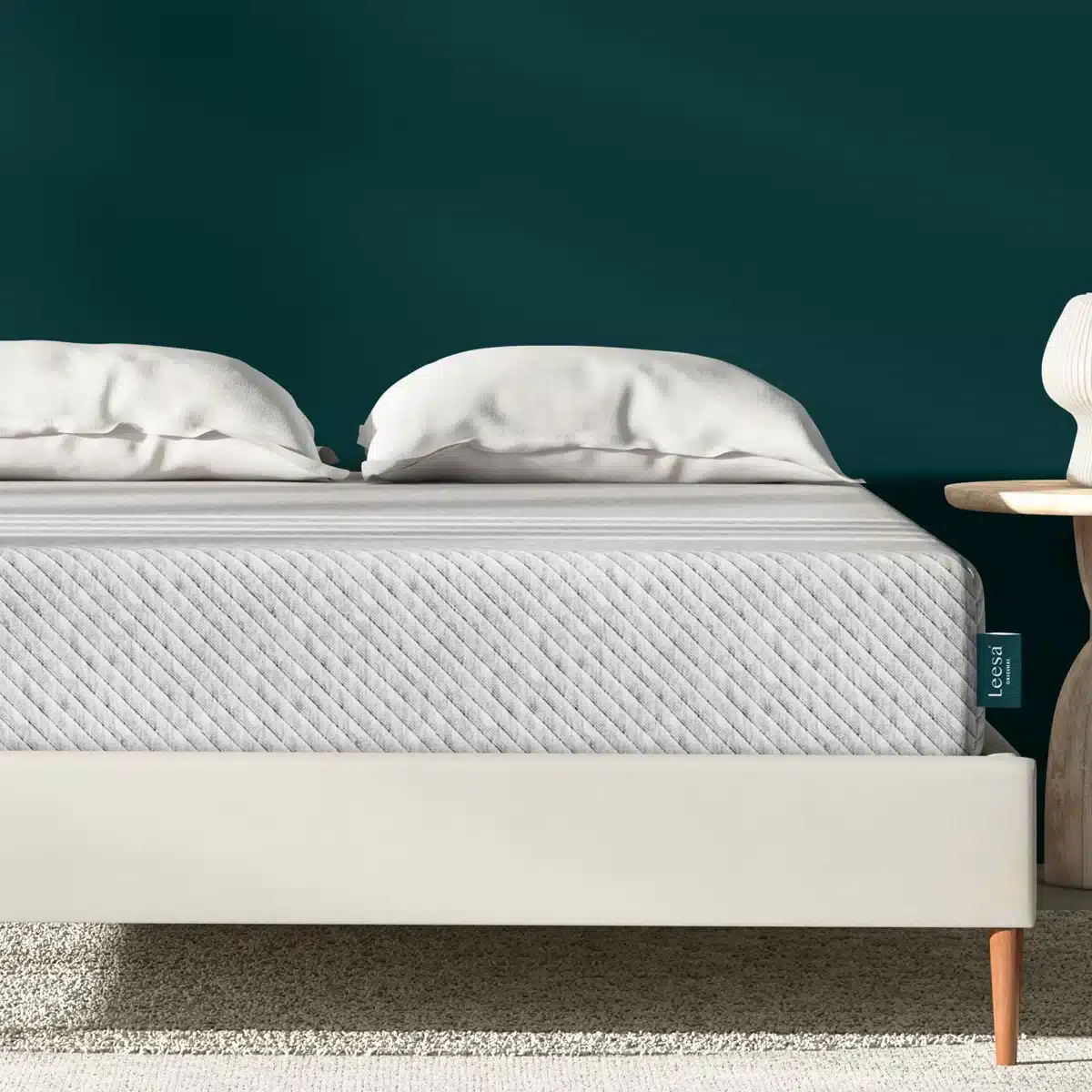Comparing Sleep Quality: Best Differences Unveiled
Do Men Sleep Better Than Women? Exploring Key Differences
When it comes to sleep quality, a common question arises: do men sleep better than women? This question invites a deep dive into the various factors influencing sleep, from hormonal changes to responsibilities and lifestyle tendencies. Understanding these nuances is essential for anyone looking to optimize their sleep quality.
Sleep Quality: The Gender Divide
Research consistently shows distinct differences in sleep quality between men and women. Women tend to report lower sleep quality and experience more disturbances. Various factors contribute to this discrepancy, including the prevalence of sleep disorders, circadian rhythms, and metabolic impacts.
– Sleep Disorders: Women are more likely to suffer from insomnia, while men face a higher incidence of obstructive sleep apnea (OSA).
– Circadian Rhythms: Women’s circadian rhythms often operate on a shorter cycle, leading to earlier melatonin secretion and earlier bedtimes.
– Metabolism: Both genders show sleep-related metabolic changes, though they manifest differently.
Key Sleep Disorder Differences
Insomnia: A Challenge for Women
Insomnia affects women about 1.5 times more often than men, often linked to higher anxiety and depression levels. Women juggle various roles and responsibilities, which can add to their stress and lead to sleepless nights. Clinical psychologist Dr. Eric Sklar states, “There is a high correlation between underlying psychiatric disorders and insomnia.” Factors like hormonal fluctuations during menstruation, pregnancy, and menopause also exacerbate sleep disturbances.
Obstructive Sleep Apnea: A Different Set of Challenges
Men are nearly three times more likely to have obstructive sleep apnea. Anatomical differences, such as larger neck size, account for some of this disparity. However, women with OSA face significant risks too, often going undiagnosed due to atypical symptoms like fatigue rather than classic snoring. Understanding these variations can lead to better-targeted treatments.
Sleep Efficiency: Who Sleeps Better?
Women’s Sleep Advantages
Interestingly, studies reveal that while women may report poorer sleep quality, they often demonstrate higher sleep efficiency. On average:
– Women experience more deep sleep and enter REM (rapid eye movement) stages earlier than men.
– Women typically get about 11 minutes more sleep than men per night.
However, unique challenges, such as “revenge bedtime procrastination,” often lead women to interrupt their rest for personal time. This phenomenon often involves screen use, further disrupting their sleep cycles.
Circadian Rhythms: The Body’s Clock
Melatonin and Temperature Patterns
Circadian rhythms dictate our natural sleep-wake cycles heavily influenced by melatonin. Here’s how these rhythms differ:
– Melatonin Secretion: Women tend to release melatonin earlier than men, leading them to feel sleepy sooner. Men, conversely, often have a later secretion, resulting in later bedtimes and wake times.
– Core Body Temperature: Women’s body temperature peaks earlier in the evening, coinciding with earlier melatonin secretion. These physiological differences can directly influence sleep quality and duration.
Chronotypes and Social Jet Lag
The Impact of Lifestyle Choices
Chronotypes refer to whether individuals are “morning people” or “night owls.” Generally:
– Women tend to have earlier chronotypes, while men are more likely to lean towards being night owls.
– This difference contributes to varying experiences of social jet lag, particularly in the context of work schedules. Men often find themselves out of sync with conventional 9-to-5 routines, resulting in more sleep deprivation.
Metabolic Impacts of Sleep Quality
Sleep deprivation can significantly disrupt metabolism, leading to overeating and weight gain. Women displayed double the brain activity in networks responsible for emotions and decision-making when sleep-deprived, increasing sensitivity to food cues. In contrast, men—despite lower brain activity—tend to overeat when sleep-deprived.
Emotional Eating and Sleep Disruption
Nightshift work complicates these dynamics further, disrupting circadian rhythms and increasing the likelihood of developing metabolic disorders like type 2 diabetes. Emotional eating, particularly common among nightshift working women, exacerbates the situation as irregular schedules interfere with conventional dietary habits.
Hormonal Influences on Sleep: A Deeper Look
The Effects of Hormonal Changes
Hormonal fluctuations play a massive role in sleep quality. Key life stages for women, including menstruation, pregnancy, and menopause, can significantly disrupt sleep:
– Many women report disturbed sleep during menstruation due to cramps and hormonal changes.
– Pregnancy can introduce issues like restless legs syndrome and frequent nighttime urination.
– Menopause brings challenges such as hot flashes, contributing to interrupted rest.
Conclusion: Understanding and Improving Sleep Quality
In concluding our analysis of whether men sleep better than women, it’s clear that each gender contends with unique challenges. Hormonal influences, social roles, and metabolic effects intricately weave together to create distinct patterns of sleep quality. At Yawnder, we believe personalized healthcare approaches are essential to cater to these differences.
Personalized Sleep Interventions
By recognizing these gender differences, we can devise better interventions. Women might benefit from strategies to manage hormonal fluctuations, while men may require solutions targeting obstructive sleep apnea.
Our commitment at Yawnder is to support you in your quest for better sleep. Whether it’s through tailored advice, innovative sleep solutions, or optimal sleep environments, we’re here to help.
Understanding these distinctive sleep patterns is the first step toward achieving restful nights. Let’s work together to prioritize sleep and unlock its myriad benefits.



















